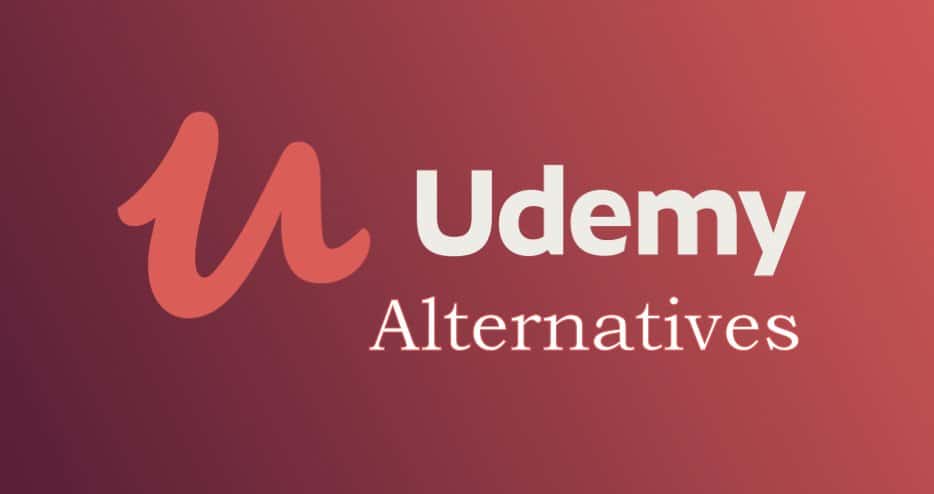Meaning of Franchise in Government
What is a Franchise?
The right to vote in elections and to be elected by other eligible adult members of a community is known as a franchise. Constitutionally speaking, the electors are referred to as the electorate, while those running for office are referred to as candidates. Those who are eligible to vote and be voted for vary from nation to nation based on specific requirements.

Types Of Franchise
- Restricted or Limited Franchise
- Universal franchise or Universal adult suffrage
1. Restricted or Limited Franchise
Not all eligible adults may vote or be voted for in this sort of franchise. As a result, only adults who meet specified requirements are allowed a franchise. In a limited franchise, one’s eligibility to vote and to be elected may be based on their race, sex, ownership of property, proof that they have paid taxes, level of education, religion, etc. For instance, Before the apartheid administration was overthrown in 1994, South Africa is a good example of a nation that used restricted franchises based mostly on race.
[irp]
Below are the various bases of Restricted or Limited Franchise;
•. Race or skin Color: In a franchise of this kind, a person’s race or color determines whether they are eligible to vote or not. Before 1994, South Africa experienced this.
•. Sex: This is when A person’s ability to vote or be elected depends on their sex. Only men are permitted to vote and run for office in some nations. In Nigeria, voting rights were restricted to adult males under the 1922 constitution.
•. Property: This is when A person’s ability to vote and run for office depends on how much property they own.
•. Tax Payment: Those who pay their taxes on time and in full are eligible for a franchise. In Nigeria’s 1954 western region elections, this technique was used.
•. Educational Requirement: A person’s right to vote or to be elected is determined by their level of education.
•. Income: As was the case in Nigeria under the constitutions of 1946 (€50 or $100 per annum) and 1922 (£100 or 200 per annum), the ability to vote or be voted for can depends on income then.
•. Residential Qualification: A person’s right to vote is based on how many months of the year they have resided in a given place. The Nigerian constitution in 1922 also made usage of this.
Advantages of Limited or Restricted Franchise
- It allows a select group of knowledgeable voters to cast votes after carefully examining the candidates.
- This kind of voting rights prevents the uninformed from participating in elections.
- Compared to the unrestricted franchise, it appears to be a more mature election.
- Those elected using this sort of franchise typically possess greater qualifications than candidates elected using a universal franchise when people cast their ballots without careful reasoning and observation.
- It restricts foreigners who are unfamiliar with the candidates running for office from casting votes.
- People with unsound or disordered minds, such as lunatics, criminals, bankrupts, etc., who could cause election-related violence, are not permitted to vote under a limited franchise.
- Election violence is curbed by limited voting rights.
- By limiting voting to those who can show proof of tax payment, taxpayers are encouraged to keep a close check on how their representatives are spending their public funds.
[irp]
Disadvantages of Limited or Restricted Franchise
- It denies the equal opportunity for voting to everyone.
- Limited franchise encourages corruption since the few voters who are permitted to cast ballots can all be bought.
- Those elected using a limited franchise do not represent the will of the people.
- A restricted franchise hinders democracy.
- Due to their disenfranchisement, the majority of the nation’s citizens do not express concern in the affairs of the government.
- Whenever limited franchise is adopted, several eligible voters may not know who their representative is.
- The most of the disenfranchised citizens seem to be forced to accept the election results.
- Banned politicians: In a nation like Nigeria, current politicians who have been accused of specific types of corruption and those who held particular kinds of office during the second republic are prohibited from engaging in politics and running for office.
2. Universal franchise
Also known as unlimited or universal franchise or universal adult suffrage. All eligible adult men and women may vote and be elected under this type of franchise, which is often referred to as an unlimited or universal franchise. The most commonly used type of franchise is this one. Therefore, it may be said with confidence that no nation has complete or total adult suffrage.
Advantages of Universal franchise
- It guarantees qualified adults equal voting rights.
- Adult suffrage expands the voter base.
- It gives many residents of a nation the chance to participate fully in their electoral process.
- The election is more democratic.
- Adult suffrage for everyone fosters a sense of political equality among a nation’s citizens.
- Discrimination based on gender, race, religion, etc. is avoided.
- It promotes a stable government since it lessens discontent and uprisings when the majority of the populace votes for their leaders.
- It encourages the majority of the populace to become involved in national politics.
- Unlimited franchises are less corruptible since it would be exceedingly difficult to influence the majority of adults who participate in voting.
- Representatives chosen by universal adult suffrage represent the will of the people.
[irp]
Disadvantages of universal franchise
- It prioritizes the quantity of votes over their quality.
- The majority of old adult voters who are allowed to vote are illiterates who cast ignorant votes.
- Due to illiteracy and lack of political knowledge, the majority of voters do not evaluate the candidates objectively.
- A large number of voters sometimes generates conflict during the voting process.
- It promotes the election of several representatives who are not qualified and incompetent by the majority of ignorant voters.
- The form of government created by representatives chosen by universal suffrage appears to have a disappointing outlook.



